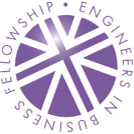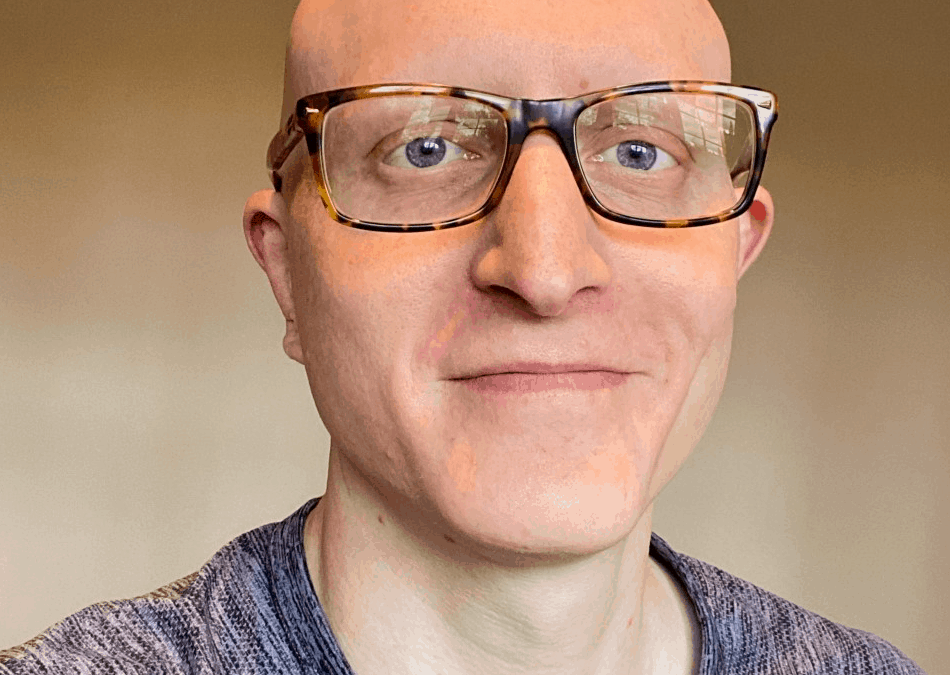University of Southampton Neuroscience Postgraduate Reaches the Final of the Engineers in Business Innovation Competition
On 26 October 2020 Devon Lewis, a Neuroscience PhD from the University of Southampton will compete against nine other university teams to win a prestigious Engineers in Business Competition (EIBC) Award, a share of £10,000 and business mentoring from a Sainsbury Management Fellow.
The EIBC supports and promotes the idea of a combined engineering and business education and provides prize funding to universities to help them encourage more engineers and technology students/graduates to get involved in innovation and entrepreneurship. In a world that is moving and developing so rapidly, these skills are vital to help tackle challenging global problems and to improve our lives.
This year, Devon was the winner of the University of Southampton’s innovation competition and won £3,000 from EIBC for creating Inpulse, a business that is developing smart clothing that monitors and enhances muscle performance. He then entered and won a place in the national EIBC Champion of Champions Final where he is competing for a Business Start-up Award and a further £3,000. The cash prize will go towards the ongoing development of Inpulse.
Devon’s Innovation – Inpulse: Improving Injury Recovery and Sports Performance
Devon’s brainchild will give people, from world-class athletes to patients suffering from neurological disorders, the best possible control of their muscles. He explained:
“Many sectors from elite sport, to recreational exercise, to medical rehabilitation, share a common goal: to realise individual potential by improving muscle performance and quality of movement. The problem is that achieving meaningful improvements and realising potential is difficult, time and effort intensive, and often requires specialist intervention, together driving multi-million-pound markets. In sport, muscle weakness and poor control limits performance and prevents full recovery from injuries. More widely, insufficient and unbalanced muscle control leads to the majority of musculoskeletal disorders, the leading cause of pain and disability in the workplace, affecting half the adult population and costing over one trillion pounds annually.
“I’m fascinated by the idea that we can directly activate our muscles non-invasively with small electrical currents. The way our nervous system coordinates movements of the body is incredibly complex, and problems can arise at any stage, leading to a huge range of movement disorders. Conventional approaches usually seek to identify and improve specific biological issues, but we can use electrical stimulation to bypass all of these issues and treat everything from minor tremors to complete paralysis without drugs or invasive surgery. Inpulse is my solution.”
The Awards Presentation Ceremony – 26 October 2020
The live online dragons’ den style competition will be compered by TV presenter and engineer, Kate Bellingham. Competing against nine other teams, Devon will have just six minutes to convince the judges, through his presentation and Q&As, that he should be crowned a Champion of Champions and take home a £3,000 Business Start-up Award. Amongst other criteria, the judges will be assessing just how much of an impact Inpulse can have on the target customers and how it will solve real problems and challenges experienced by patients and sports people.
The prestigious judging panel comprises:
- Ana Avaliani, Associate Director, Enterprise, Royal Academy of Engineering
- Gareth Trainer, Chair, Enterprise Educators UK
- Henning von Spreckelsen, Director and Investor in Plastecowood
- Steve Cleverley, CEO, Oxentia Ltd, Global Innovation Consultancy
As an engineering postgraduate who is now steeped in entrepreneurship, Devon is passionate about business education for engineers and technologists. He said:
“The level of engineering talent coming through universities is staggering. Despite being one of the most challenging and time-consuming degree areas, I see more engineering students working on projects outside of their course than any other area. These people are driven by a passion to build great things and they have the technical ability to create solutions to the biggest problems our society is facing but so few have the entrepreneurial skills to bring their innovation to market and make it a reality. Far too much innovation is lost because of this and if we want to increase our chances of building a sustainable future for humanity to thrive we need to do more to give these innovators a clear path to bring their technology to market.”

